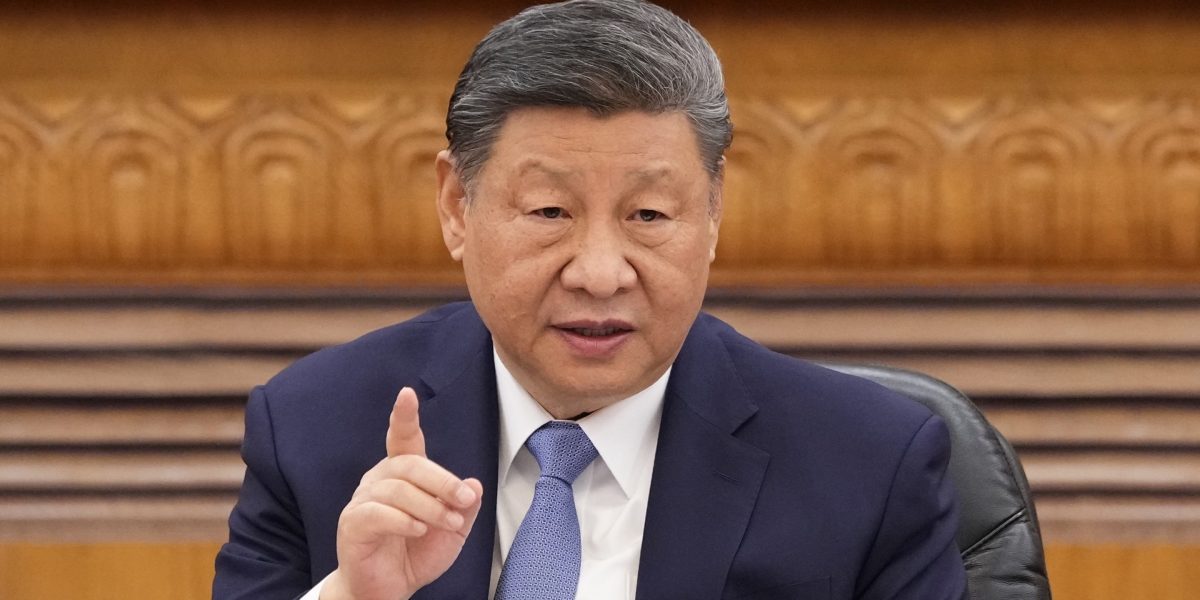Trade Tensions Escalate: Small Businesses Caught in Trump's Tariff Crossfire at G7 Summit

In a dramatic escalation of international trade tensions, the United States has imposed sweeping 25% tariffs on steel and aluminum imports, delivering a significant blow to long-standing diplomatic relationships and pushing global trade dynamics into uncharted territory. The sudden implementation of these punitive trade measures has sent shockwaves through international markets and strained alliances that have traditionally been characterized by mutual economic cooperation.
These tariffs, which took effect overnight, represent more than just an economic policy—they symbolize a fundamental shift in the United States' approach to international trade. By targeting key allies and trading partners, the Trump administration has signaled a willingness to prioritize protectionist economic strategies over decades of established multilateral trade agreements.
The move is expected to create ripple effects across global supply chains, potentially triggering retaliatory measures from affected countries and further intensifying what is rapidly becoming a complex and unpredictable trade war. Economists and diplomats alike are watching closely, concerned about the potential long-term consequences of these aggressive trade policies on international economic stability.








